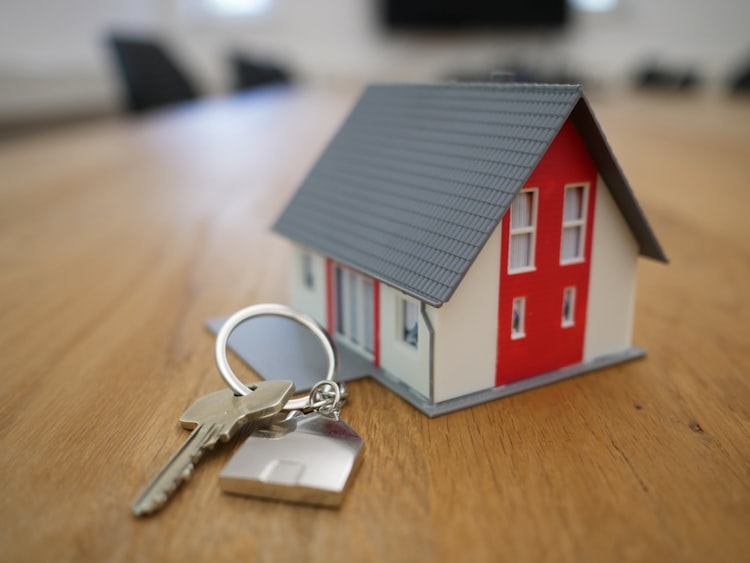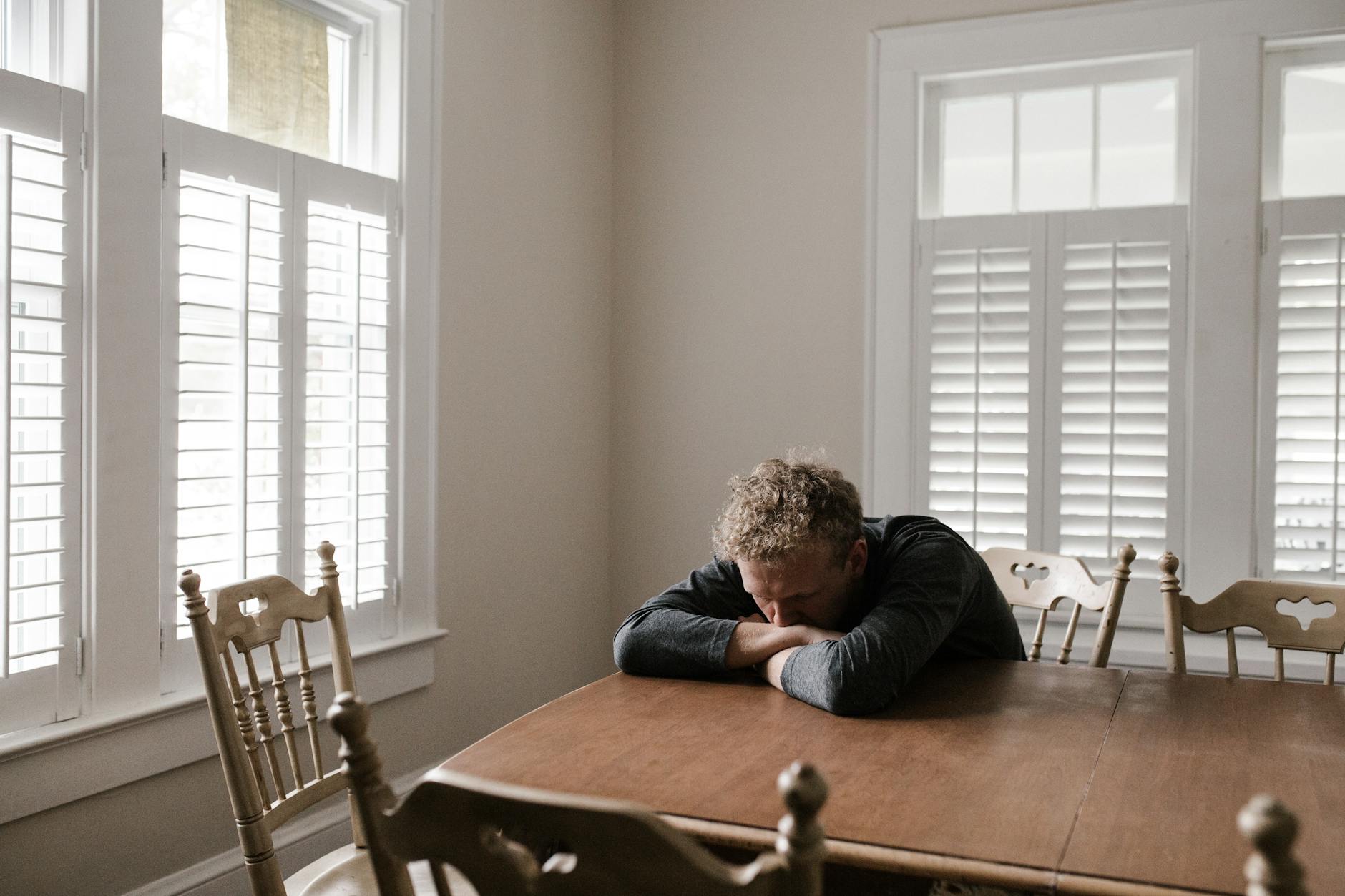
Buying a home is more than just signing your name on the dotted line. Expenses come in all shapes and sizes, from mortgage payments to decorating or remodeling costs; but there’s one expense you may not have thought of yet–expensive repairs. From basic foundation and roof repairs to air conditioning and heating repairs. The average homeowner spends $621 annually for repair-related services like plumbing problems and broken appliances.
That figure doesn’t include any materials needed to fix things up so it’s important that homeowners know what their budget should be when considering buying a house! las vegas ac reivews Don’t panic when your water heater quits or AC goes on the fritz. With a little planning and foresight, you can avoid costly repairs that will leave you feeling like homeownership doesn’t pay off at all. Some of these expensive fixes are minor updates while others carry with them higher price tags – but it is best to know what they entail before wading into homeownership blindfolded! air conditioning install  Home foundations are a complicated process, and repairs can be costly. With climate change causing the soil to swell with rain while contracting during drought periods, homes in these areas run the risk of cracks and sloping floors which can lead to major structural damage over time or even total collapse without repair. Foundation problems usually stem from houses not fitting their frames properly because they were built on faulty ground; it is important for homeowners living in high-risk zones like this area to make constant checks that you aren’t about to meet your foundation’s demise any day now! Sticking to the basics can save you from a costly disaster.
Home foundations are a complicated process, and repairs can be costly. With climate change causing the soil to swell with rain while contracting during drought periods, homes in these areas run the risk of cracks and sloping floors which can lead to major structural damage over time or even total collapse without repair. Foundation problems usually stem from houses not fitting their frames properly because they were built on faulty ground; it is important for homeowners living in high-risk zones like this area to make constant checks that you aren’t about to meet your foundation’s demise any day now! Sticking to the basics can save you from a costly disaster.
Preventative measures and maintenance for foundation repair are critical in preventing your house’s foundation from cracking or sinking, while also keeping it waterproofed so mold doesn’t grow on square footage which is hard enough to keep clean without extra helpings of water penetration due to inefficient drainage. The first step is checking that there isn’t clogging whether, by leaves/debris buildup, roots from nearby trees touching underground pipes (it may be time t0 call an expert), or even small animals like squirrels burrowing into the ground around your property – all of these will eventually cause irreversible damage if left unchecked! Once any potential obstacles have been properly cleared out use techniques such as using a soaker.  Your roof is the most important part of your house for protecting everything else in it from the elements. When you notice any leaks, missing shingles, or other signs that repair work might be needed, call a professional immediately to get things fixed quickly before more damage occurs inside and out. It’s not cheap though; expect an average cost of around $650 for partial repairs up to $6K for replacing all tiles! Preventative measures include getting annual inspections by professionals every ten years after installation with follow-up maintenance inspections between those times as well (3-5 annually). Hiring a professional to repair your AC and heating system is expensive, but it’s worth the investment.
Your roof is the most important part of your house for protecting everything else in it from the elements. When you notice any leaks, missing shingles, or other signs that repair work might be needed, call a professional immediately to get things fixed quickly before more damage occurs inside and out. It’s not cheap though; expect an average cost of around $650 for partial repairs up to $6K for replacing all tiles! Preventative measures include getting annual inspections by professionals every ten years after installation with follow-up maintenance inspections between those times as well (3-5 annually). Hiring a professional to repair your AC and heating system is expensive, but it’s worth the investment.
Your unit will be working hard all of the summer so you don’t want to wait until something goes wrong before getting them fixed! Signs that might indicate an issue include:
- -It’s not cooling or heating well
- -The unit is leaking or making strange noises
This year make sure you’re doing regular maintenance by having professionals come out for air filter changes every three months. Electrical problems can be a major risk to your safety and even the lives of others. They are also inconvenient when they hinder our electricity from working properly in homes, buildings, or industrial complexes.
Inspecting these systems annually is the best possible option for prevention as it helps identify any issues before they become dangerous- but if you do find yourself dealing with an electrical issue that needs to be fixed immediately there’s no need to worry! Hiring professionals like electricians will guarantee competent work so make sure you have their number handy just in case something happens at home or on the job site due out next time you might need them.
It’s always better to be proactive than reactive when it comes to your home. Doing some basic maintenance now can help you avoid expensive repairs down the line, but sometimes even the best of us end up with a big problem that needs tackling. In those cases, our first call should go right back to what we know: insurance! Each policy has different coverage and rules for how much they’ll cover; make sure you’re checking in before calling them so as not to spend more money on something they won’t pay out for!